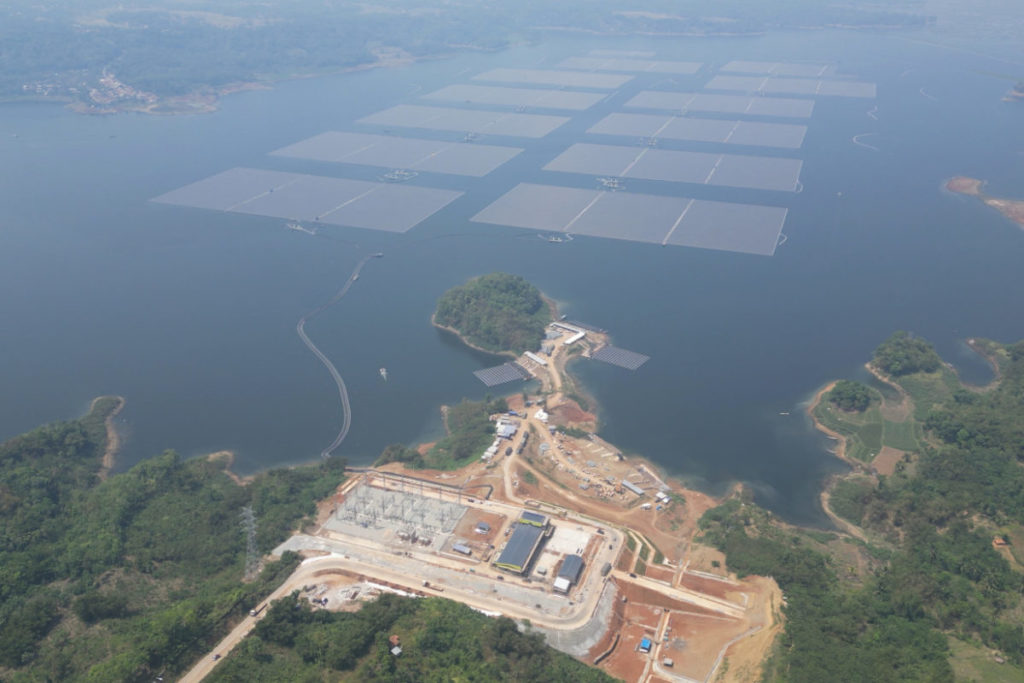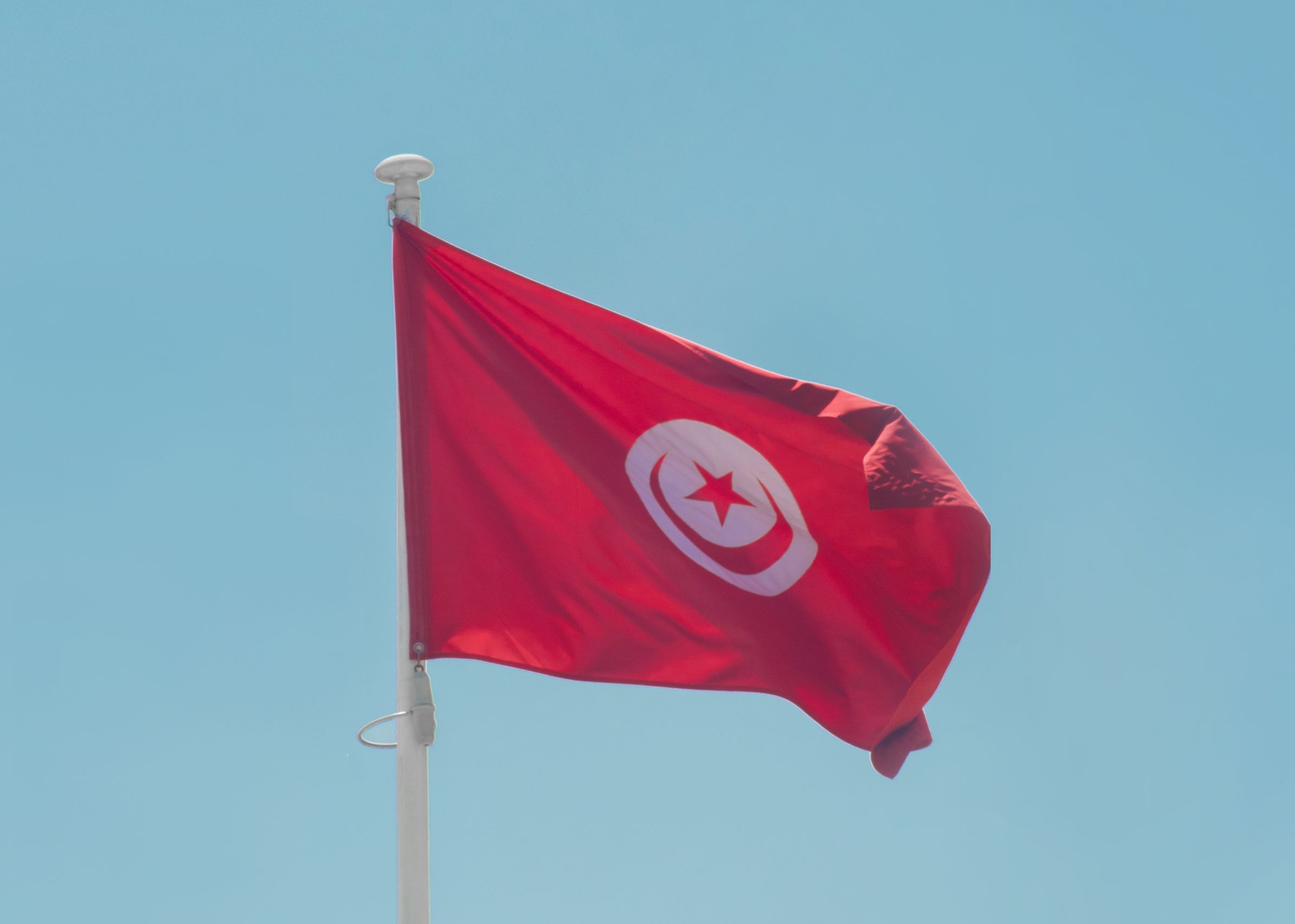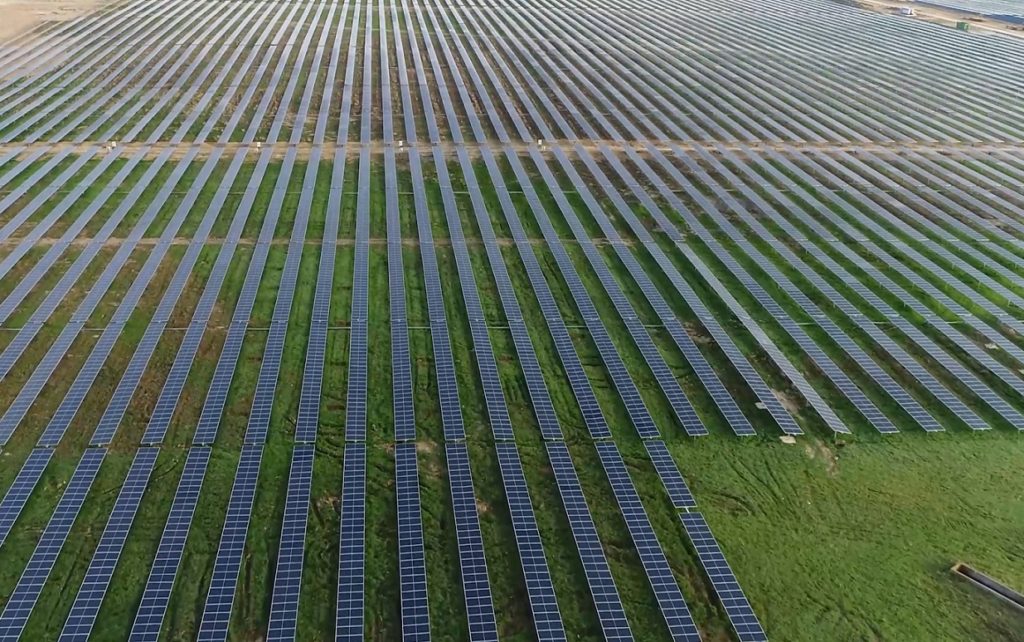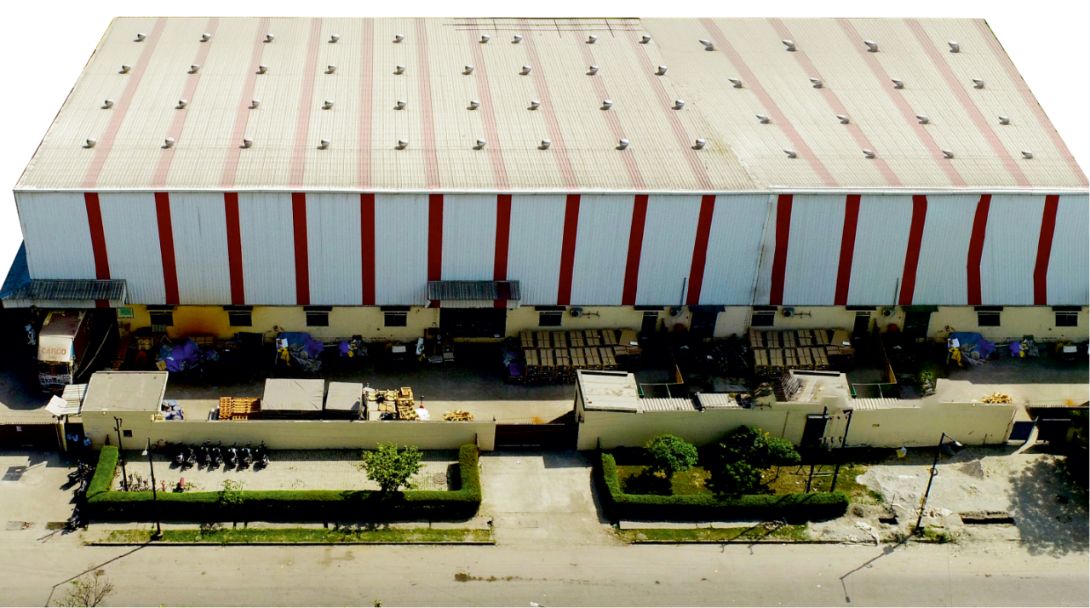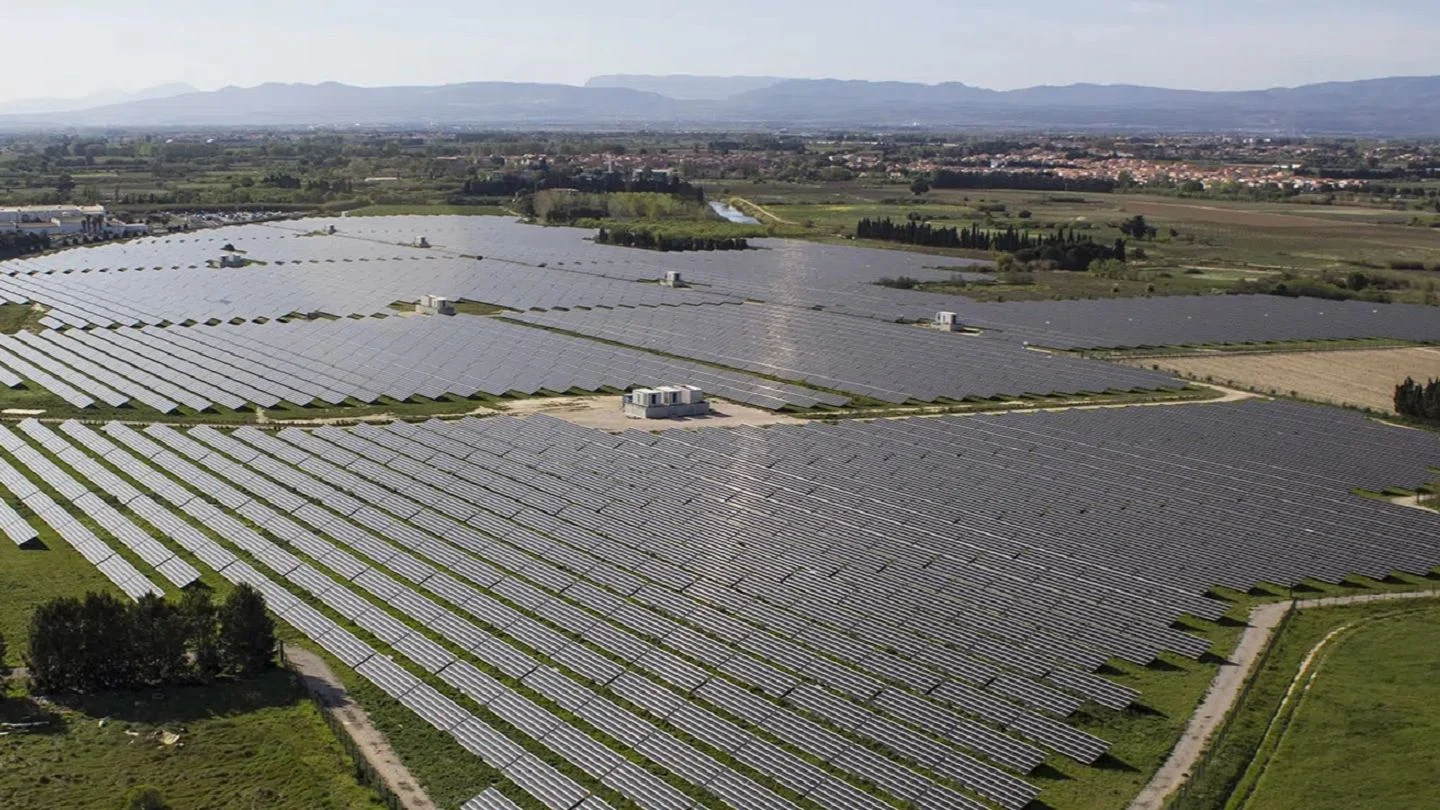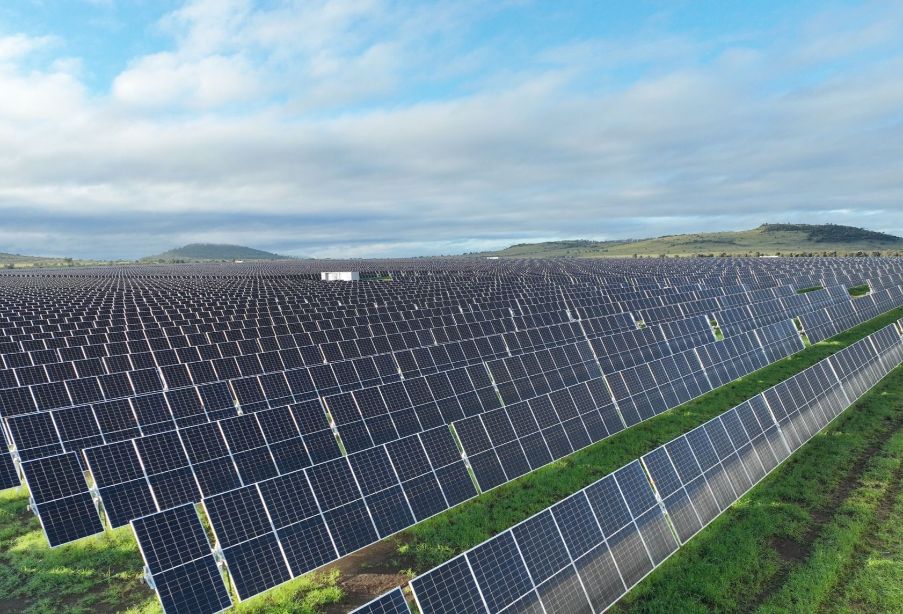Abu Dhabi-based power company Masdar and PLN Nusantara Power (PLN NP), a subsidiary of Indonesia's state-owned electricity firm PT PLN, have recently inked a crucial agreement to significantly expand the capacity of Indonesia's iconic 145MW Cirata floating solar project. This ambitious move is set to propel the facility's total capacity to an impressive 500MW, cementing its status as Southeast Asia's largest floating photovoltaic (FPV) plant.
Construction on this monumental project commenced in August 2021, and the initial phase, aimed at creating a 145MW solar facility, was anticipated to reach completion by the fourth quarter of 2022. However, this phase of the project is still in development, and the teams behind it are diligently working to finalize construction later this year. Subsequently, they will embark on the expansion phase of development, a crucial step in harnessing the immense potential of solar energy in the region.
See also: Indonesia Seeks $700 Million Investment for Solar Panel Project to Reduce Carbon Emissions
Commenting on this significant partnership, HE Suhail Al Mazrouei, the UAE's Minister of Energy and Infrastructure, emphasized, “The UAE and Indonesia share a common vision of achieving sustainable development and realize that renewables are at the heart of this vision. I am pleased to see that this partnership has been taken to the next level.”
The importance of this expansion work cannot be overstated, especially considering the burgeoning potential for floating solar photovoltaic (PV) projects in Southeast Asia. A recent report by the US National Renewable Energy Laboratory (NREL) highlighted the feasibility of large-scale floating solar installations in the region. Their findings suggest that the abundance of water bodies in the area has the capacity to accommodate up to an astonishing 825GW of new floating solar capacity.
See also: Masdar Expands US Footprint with 50% Stake in Big Beau Hybrid Power Project
The Association of Southeast Asian Nations (ASEAN), which includes Indonesia, is also committed to enhancing the role of renewables in meeting its energy demand in the near future. Their ambitious goal is to increase the contribution of renewables from the current 20% to an impressive 35% by 2025. Projects like the one undertaken by Masdar, coupled with research such as the NREL's comprehensive assessment, underscore the vast potential for the widespread deployment of floating solar in this dynamic region. This development marks a significant milestone in the pursuit of sustainable and clean energy solutions in Southeast Asia.

